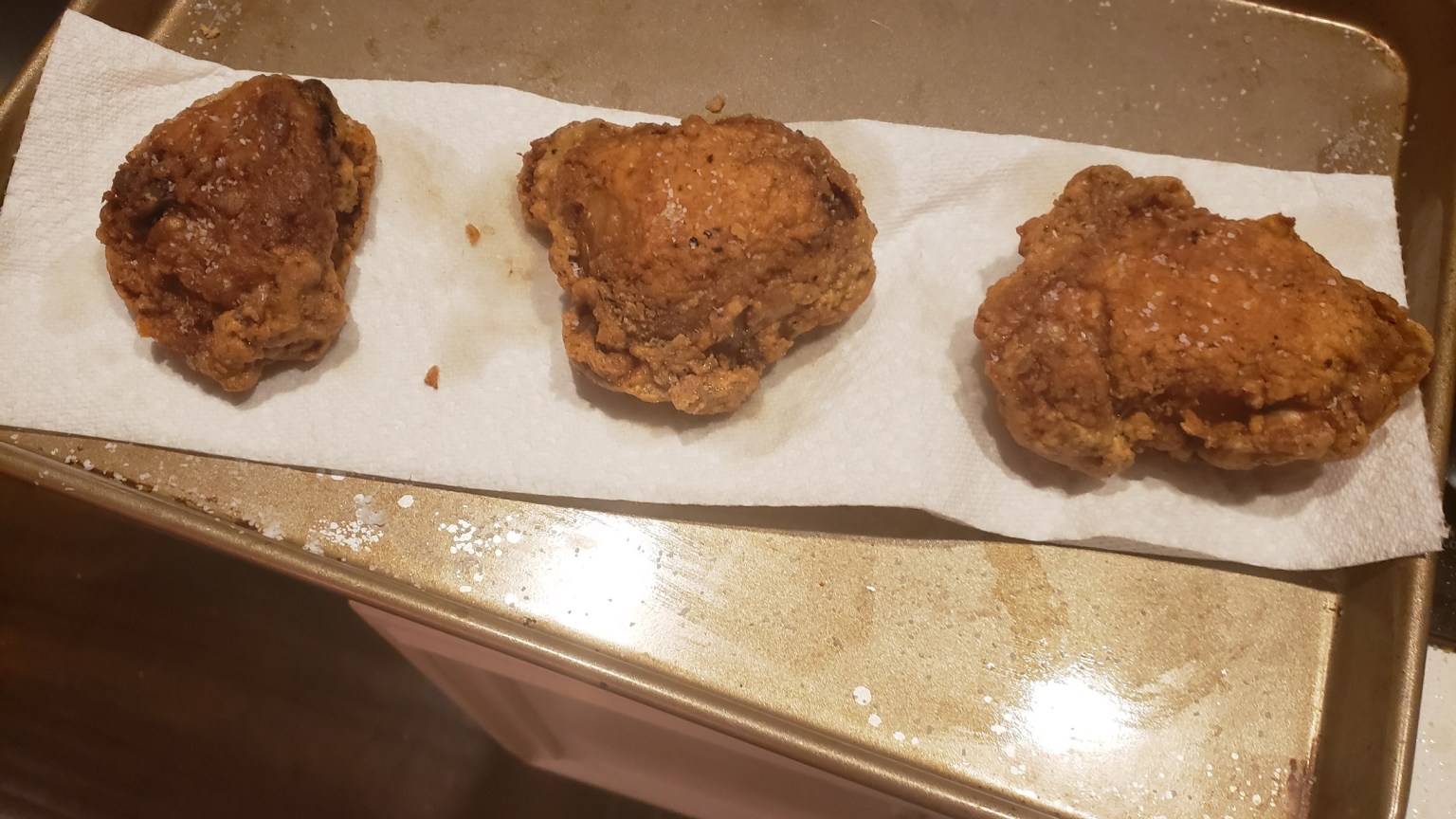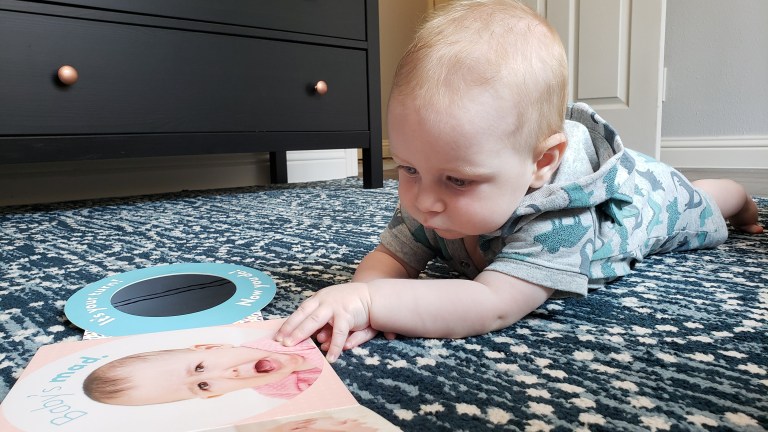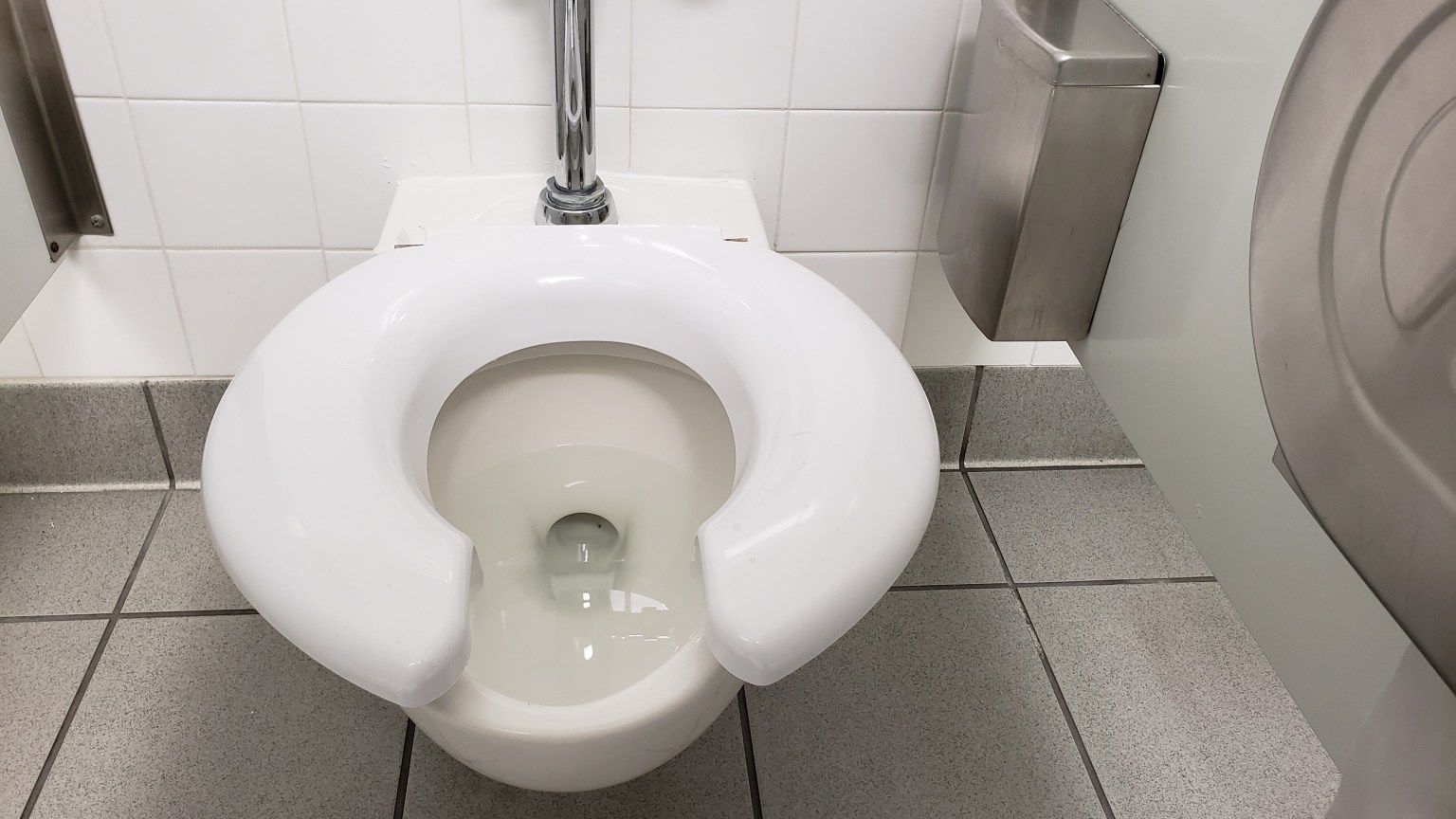What makes you feel relaxed? Think things that make you feel really good, grounded, and at peace? For me, its some good George Ezra or Hillsong United, a hot drink, clean sweats after a shower, and my husband beside me. Now, in that place, I wonder how I could ever feel anxious, stressed, fearful or upset. In that moment, I'm golden – and so is my pelvic floor.
The group of muscles that make up your pelvic floor are very likely to respond to the environment that you are in. Now, I'm NOT saying that I bring my music, hot drink – nor my husband – into the bathroom for a bowel movement. But what I DO bring with me into the bathroom, is the intention of feeling at peace, and relaxed.
Your pelvic floor responds to your level of alertness. If you're in fight or flight mode (stressed, feeling pressed for time, anxious about who may be outside the door hearing you), your pelvic floor is VERY likely to translate those emotions (through hormones and our autonomic system) into pelvic floor tone. The more tone you carry in your pelvic floor musculature, the less likely it is that your pelvic floor will appropriately relax to let stuff out. We then very literally retain all of those feeling into our pelvic floor – we become anal retentive.
So, knowing all of that... I find it so sad when I'm in the bathroom with a patient, trying to facilitate toileting, and family is in there with me, trying to be encouraging, but it often comes out as something different. Family begins to get agitated, impatient, sometimes even angry. Now please don't think I don't have compassion. I understand that families often come from long histories of battling toileting difficulties. Years, and years, and YEARS of diapers, poop leaks, embarrassment, shame and guilt. But, if we're trying to work in a positive direction to get your child moving towards independent and clean toileting, the bathroom is a great place to start.
Keeping the bathroom a calm, non-threatening, relaxing environment is one of the best things you can do to support your child to develop better toileting habits.
I know it can't be easy. To be relaxed in the bathroom, when historically it's been more of a battlefront. But believe me. If that environment continues to be one of stress, successful and independent toileting will always be goal that is out-of-reach. If you can change the restroom into a calm environment – no pressure, no bribery, no yelling. Keep it short (when you're first starting out), successful, and then your kiddo will buy in. They will feel calm and successful, and the best part – they will begin to participate.
Take a breath. Relax. Then tell your child to do the same.
If your child is fearful of the toilet noise, automatic flushers or paper towel dispensers, or is fearful to enter the room itself – there's a problem that has grown larger than just the inability to have a bowel movement. Getting to a pediatric psychologist or behaviorist may be a great first step. But there are some other things you can do in the meantime. Help them first to feel comfortable in the room without the expectation to attempt toileting. Have them go in and simply wash their hands. Or replace the toilet paper roll. Or brush their teeth. Then, help them to toilet in the restroom, but not necessarily on the toilet. On a floor potty. Or sitting on the floor and having a bowel movement in their diaper. Or sitting on the toilet in their diaper and having a bowel movement. Baby steps. Toileting and the fear of having a bowel movement can change a lot in a child – not only their physiology and anatomy, but also how they feel, what they fear, and anticipation and anxiety. Small, achievable goals is key!
What can you do to help make the restroom a calmer environment? Is there yelling, frustration and tears? Is there a possibility that the stress you are feeling is making your child more stressed in the restroom? Challenge yourself to take a few calming breaths before facilitating a toilet attempt. Can you bring peace into the restroom instead of another emotion or feeling?
Related Posts










